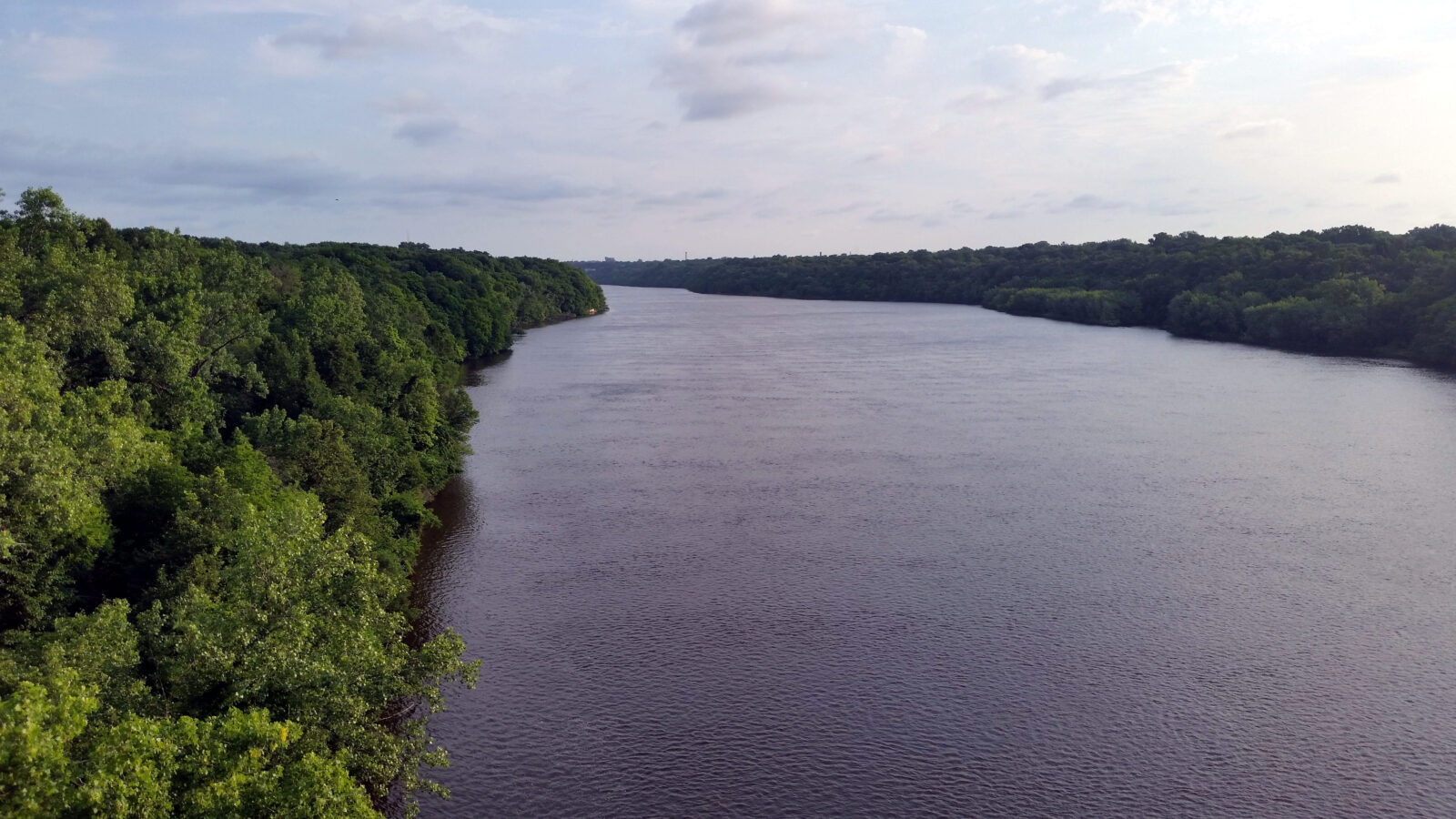We have much more to do and your continued support is needed now more than ever.
Let the Funding Flow
Making it Easier for Mississippi River Communities To Find Funding to Stop Unnatural Floods

Towns and cities across the Mississippi River basin are experiencing more frequent and intense floods as the climate warms. Communities in the basin are forced to frequently rebuild with cobbled-together rescue plans and flood relief.
Funding for system-level flood management has been lacking but received a boost in the 2021 Bipartisan Infrastructure Law and 2022 Inflation Reduction Act – injecting tens of billions of dollars into climate resilience efforts. Nature-based solutions are key strategies to achieving climate resilience that are eligible for many of these funds.
Nature-based solutions are practical strategies that support the natural systems and features delivering benefits and services to people. Using natural systems to manage floods is not new; these practices have been used for thousands of years by communities all across the world. By working with nature, we can improve water quality, reduce flooding and keep our communities safe – often while saving money.
Nature-based solutions can work in rural and urban areas. In rural areas, preserving forests and restoring or protecting wetlands along streams and rivers help improve water quality and reduce erosion. In urban areas, vegetated swales and parks can filter stormwater, reduce summer temperatures, and provide habitat for pollinators.
These types of projects are often the most cost effective approach. They range from smaller, community-driven projects like rain gardens to more extensive, capital-intensive initiatives, like larger scale streambank or riparian restoration efforts. Nature-based projects can also work in tandem: by coordinating at different scales of implementation, projects can work together to reduce flood risk and increase clean water benefits.
But the ability to successfully implement nature-based flooding solutions depends on local communities – communities where planners are often stretched thin and lack the time and resources to navigate the complex world of federal funding programs.
This is where the Nature-based Solutions Funding Database comes into play.
Nature-based solutions are not one-size-fits-all. Unique to the Nature-based Solutions Funding Database is the ability to filter for various criteria, like program purpose, recipient eligibility, or whether the support is a grant or a loan. This allows users to find the programs that fit their needs.
Too often, local planning staff are required to wear multiple hats – becoming the floodplain manager, housing inspector, and grant writer as they seek to prevent future floods. Cost-sharing, when expenses are shared between the government and recipient, is a common barrier that local staff have to navigate. Using the database’s filters, a user can search for grant or loan programs that don’t require cost-share, or have a cost-share that is adjusted based on need.
The database has an additional goal: to heighten awareness around the diverse funding programs available for supporting nature-based solutions. Funding for these solutions is often found in unexpected places and agencies that may be easily overlooked. This tool is designed to illuminate these opportunities, utilizing “tags” at the bottom of the page to enable users to explore similar programs.
Nature-based practices are climate smart solutions that can be implemented anywhere, by anyone. With recent investments from the Bipartisan Infrastructure law and the Inflation Reduction Act, however, communities have unprecedented access to funding as well as technical assistance and capacity building. In addition to programs that fund implementation, the database incorporates resources for capacity building and technical assistance. The ‘Resources’ section also catalogs useful guides and tools to support communities as they pursue funding for nature-based projects.
Our hope is that the Nature-based Solutions Funding Database can help break down barriers of access and connect funding opportunities to practices that benefit not just our environment, but our society at large.
Explore now: Funding Nature-based Solutions Database
Have feedback to share? Contact Mahtaab Bagherzadeh.





















